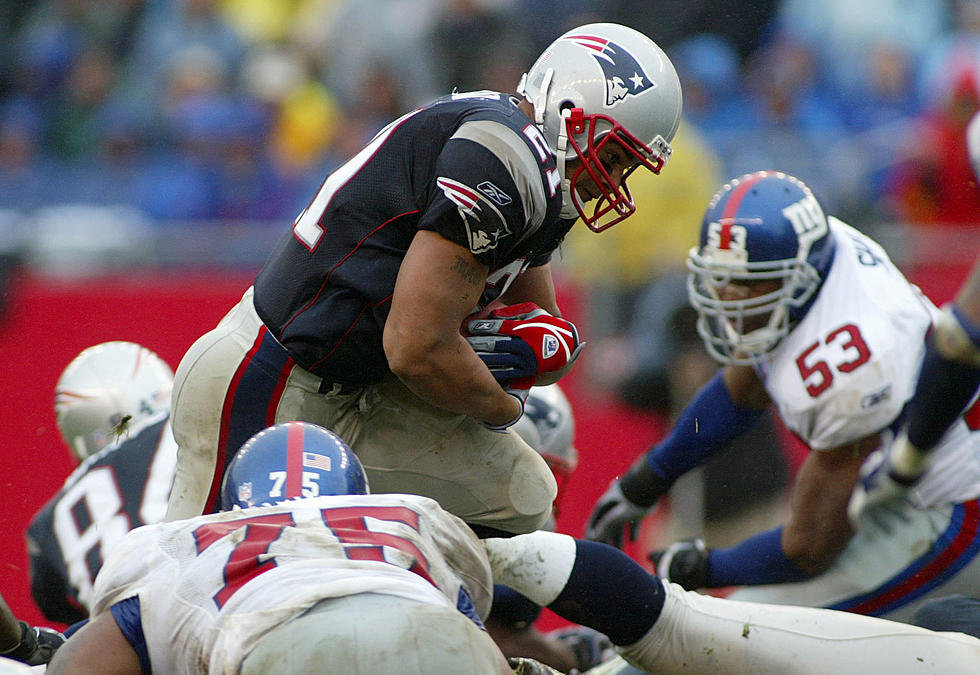
How to Avoid Chickening Out
The idea of committing to doing something potentially scary — like giving a speech in front of hundreds of strangers — is never as frightening as actually doing it. Some scientists have dubbed it an “illusion of courage,” and new research could shed light on the apparent phenomenon.
A team from the University of Colorado at Boulder, Carnegie Mellon University and Cornell University conducted a series of experiments that found even relatively mild negative emotions can elicit more accurate predictions from people about their behavior in embarrassing situations.
In one example, the team investigated how viewing a frightening clip from the movie ‘The Shining’ affected volunteers’ willingness to perform a funny story before an audience five days in the future. Fewer of those who saw clip said they would perform, compared with students who did not see it. And, when the date arrived, most of those who had not seen the clip backed out.
And since aerobic exercise has been shown to temporarily reduce anxiety and increase confidence, researchers also asked people — either before or after they exercised — if they’d be willing to dance in front of an audience, finding people leaving the gym were more likely to sign on.
“When people predict how they would behave in a distant-future or hypothetical embarrassing situation, they are usually in a colder, less intense state of anxiety than when the embarrassing situation is real and immediate,” write the researchers in an article published online in the Journal of Behavioral Decision Making. “People therefore have difficulty fully taking the perspective of how potent social anxiety would be in a real and immediate embarrassing situation.”
But the differences between how someone predicts they’ll behave and how they actually behave isn’t limited to social situations. Other studies have shown that people who aren’t currently in pain are more willing to expose themselves to pain at a future date, and smokers who aren’t in the fits of nicotine withdrawal underestimate the importance of having a cigarette later on as well.
More From WFNT










